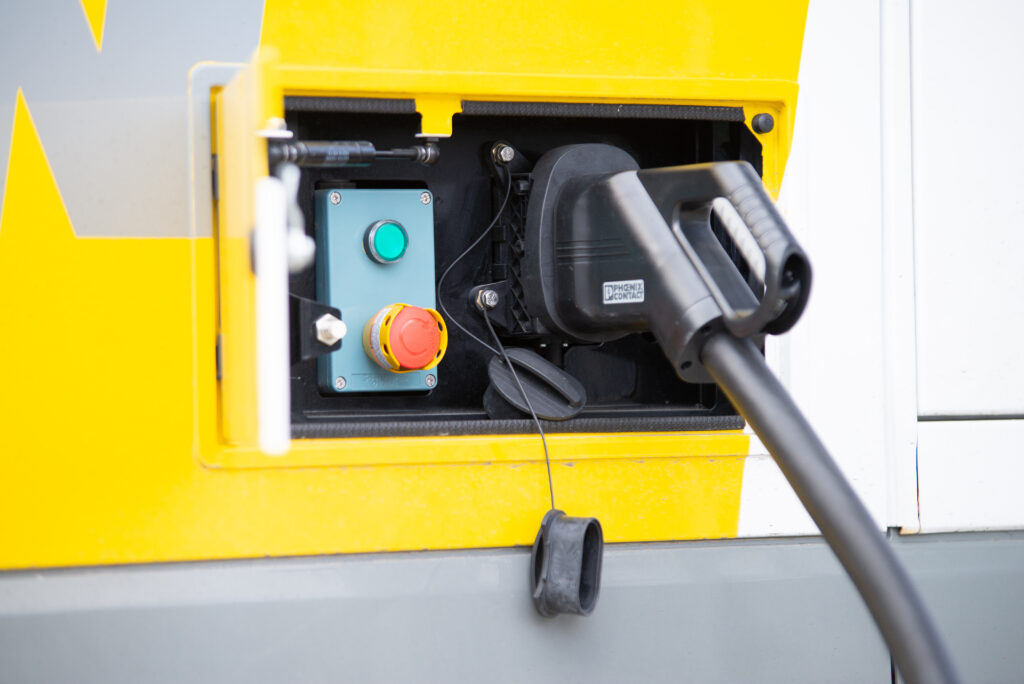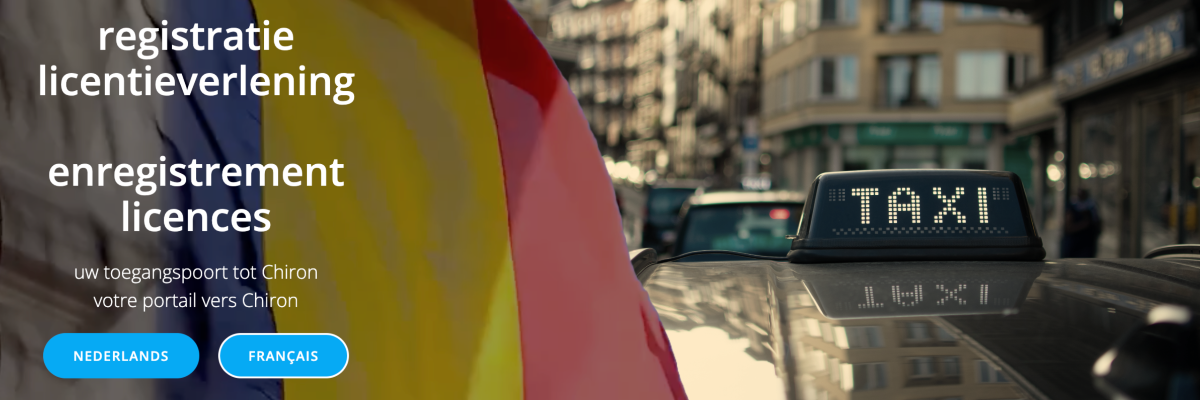“With this order, De Lijn is resolutely continuing to green its fleet, with the aim of offering completely emission-free public transport by 2035,” says Ann Schoubs, director general of De Lijn.
The Flemish Transport Company has taken a major step towards a more sustainable future by purchasing 92 standard e-buses from BYD Europe. This investment of more than 43 million euros marks an important milestone in their pursuit of completely emission-free public transport by 2035.
Ann Schoubs, the director general of De Lijn, emphasizes the significant impact of this order on the greening of their fleet. This purchase fits perfectly within De Lijn's long-term vision to provide a more environmentally friendly service. The new buses, which will be delivered from early 2025, are equipped with all modern conveniences. This includes USB charging points, an electric ramp, extra wide screens, LED lighting and seats upholstered in recycled leather. Not only the passengers, but also the bus drivers will enjoy significantly more comfort.
Lydia Peeters, the Flemish Minister of Mobility and Public Works, underlines the importance of this step. She sees it as excellent news for both travelers and the achievement of climate goals. The transition from diesel buses to emission-free vehicles is an example of how De Lijn successfully uses investment resources for greening.
While De Lijn strives for a more sustainable future with the purchase of electric buses, the choice of a non-local supplier raises questions about the responsibilities of public entities towards the local economy.

“These BYD vehicles are produced in Hungary and will be delivered from the beginning of 2025,” says Ann Schoubs, director general of De Lijn. Meanwhile, the trade union De Lijn criticizes the Chinese bus contract and argues that local jobs are at risk due to the foreign deal.
For future purchases, De Lijn retains the option to choose between the new agreement with BYD Europe and the previous agreement concluded in 2021 with Van Hool and VDL. Costs, technical quality and delivery times will be crucial factors. The new e-buses from Van Hool and VDL, ordered under the previous agreement, will also be put into service in the coming months. These buses are already a familiar sight in the Genk and Kortrijk regions, and the first VDL vehicles are currently being thoroughly tested.
These developments at De Lijn are a clear sign of the growing trend towards sustainable and environmentally friendly public transport solutions in Flanders. It shows De Lijn's determination to play a pioneering role in the transition to a greener future. With the new e-buses, De Lijn is taking a big step forward in offering its passengers a comfortable, efficient and, above all, more sustainable travel experience.
criticism
The decision to purchase the electric buses from BYD Europe has caused a wave of criticism, especially from trade unions. Hans Vaneerdewegh, secretary of the socialist union ABVV, has expressed concern about the impact of this deal on local employment. His criticism focuses on the fact that De Lijn, an organization financed by taxpayers' money, should contribute to preserving jobs in their own country.
The core of Vaneerdewegh's concern lies in the possible loss of jobs at Van Hool, a Belgian bus company, as a result of missing out on government contracts. This would not only lead to more unemployment but would ultimately also entail additional costs for taxpayers. Van Hool, known for its contribution to the production of electric buses, carries out part of this production in Macedonia. However, the essential research and development of these buses takes place in Koningshooikt, Belgium.
Photos for illustration: De Lijn




